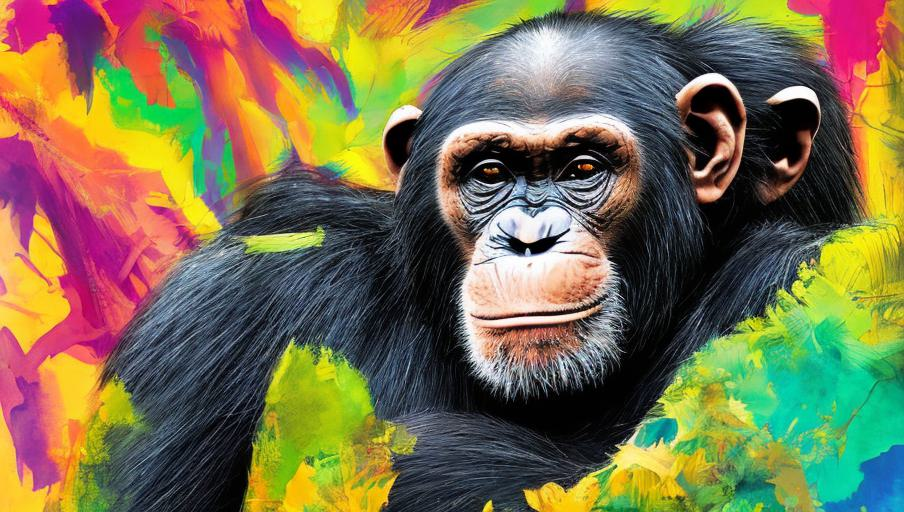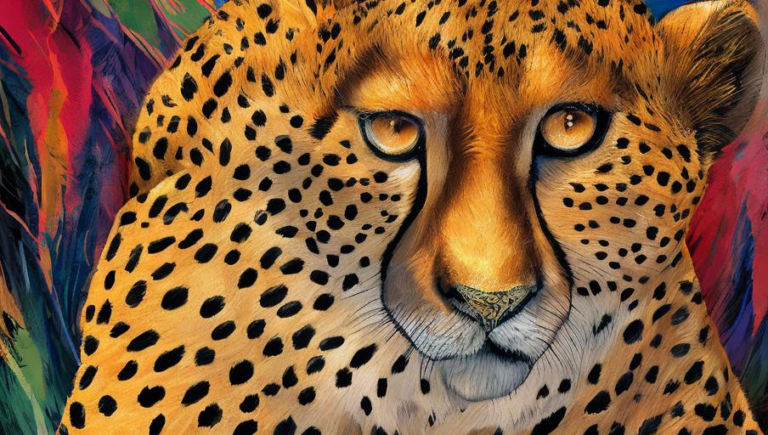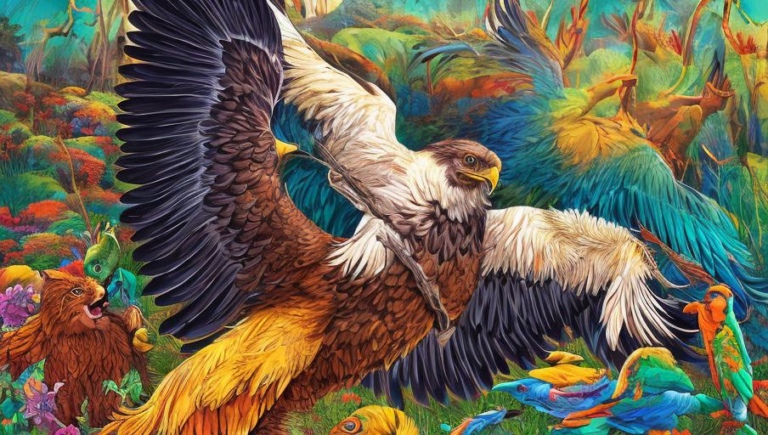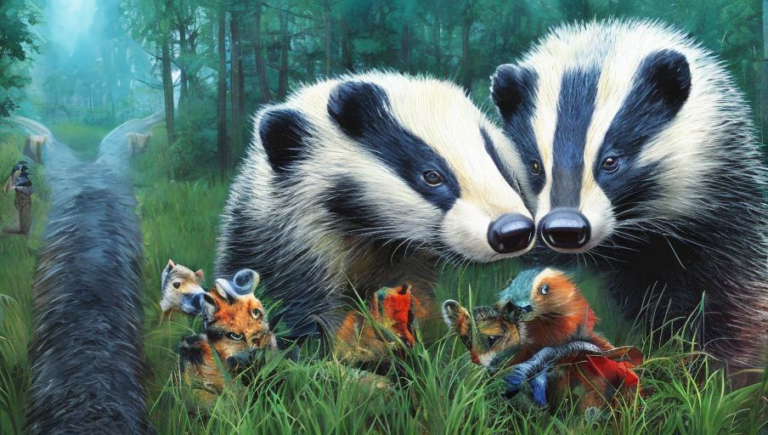Exploring the Habits of Chimpanzees

Discovering the Fascinating World of Chimpanzees
Chimpanzees are one of the most intelligent animals on Earth, and they have captivated the world with their unique behavior and social habits. Chimpanzees are the closest living relatives of humans and share more than 98 percent of the same DNA. They are highly social creatures, living in groups of up to 50 individuals. They live in a variety of habitats, from tropical rainforests to savannas, and they travel together in search of food.
Chimpanzees have been observed to use tools in the wild. They use sticks to extract termites from their mounds, rocks to crack open nuts, and they have even been known to use stones as hammers. They are able to make and use tools in a very creative way, which is a skill that humans possess as well.
Social Behavior of Chimpanzees
In addition to their impressive tool-making abilities, chimpanzees are also known for their complex social behavior. They live in large family groups and are quite territorial. They communicate with each other through a variety of vocalizations, postures, and facial expressions. They also have some of the most advanced social behavior of any animal, displaying emotions such as joy, sorrow, anger, and compassion. Chimpanzees are also able to recognize one another and form strong social bonds.
Communication Among Chimpanzees
Chimpanzees are able to communicate with one another using a variety of vocalizations. They also use facial expressions and postures to convey their emotions and intentions. For example, they can show aggression by baring their teeth or making a loud vocalization. They can show fear by crouching down and covering their heads. They can also show pleasure by rubbing their hands together or by panting.
Chimpanzees and Human Interaction
Humans have interacted with chimpanzees for centuries, and this has had both positive and negative implications. On the one hand, humans have been able to observe their behavior and learn more about their social dynamics. On the other hand, humans have also been responsible for capturing, hunting, and keeping chimpanzees in captivity. This has led to the destruction of their natural habitat, increased stress levels, and a decrease in their population.
Chimpanzees are an incredibly intelligent and social species, and it is our responsibility to protect and conserve them. We must be aware of the impact our actions can have on their habitat and work to ensure that their population remains stable. By doing so, we can help ensure the survival of this amazing animal for generations to come.





